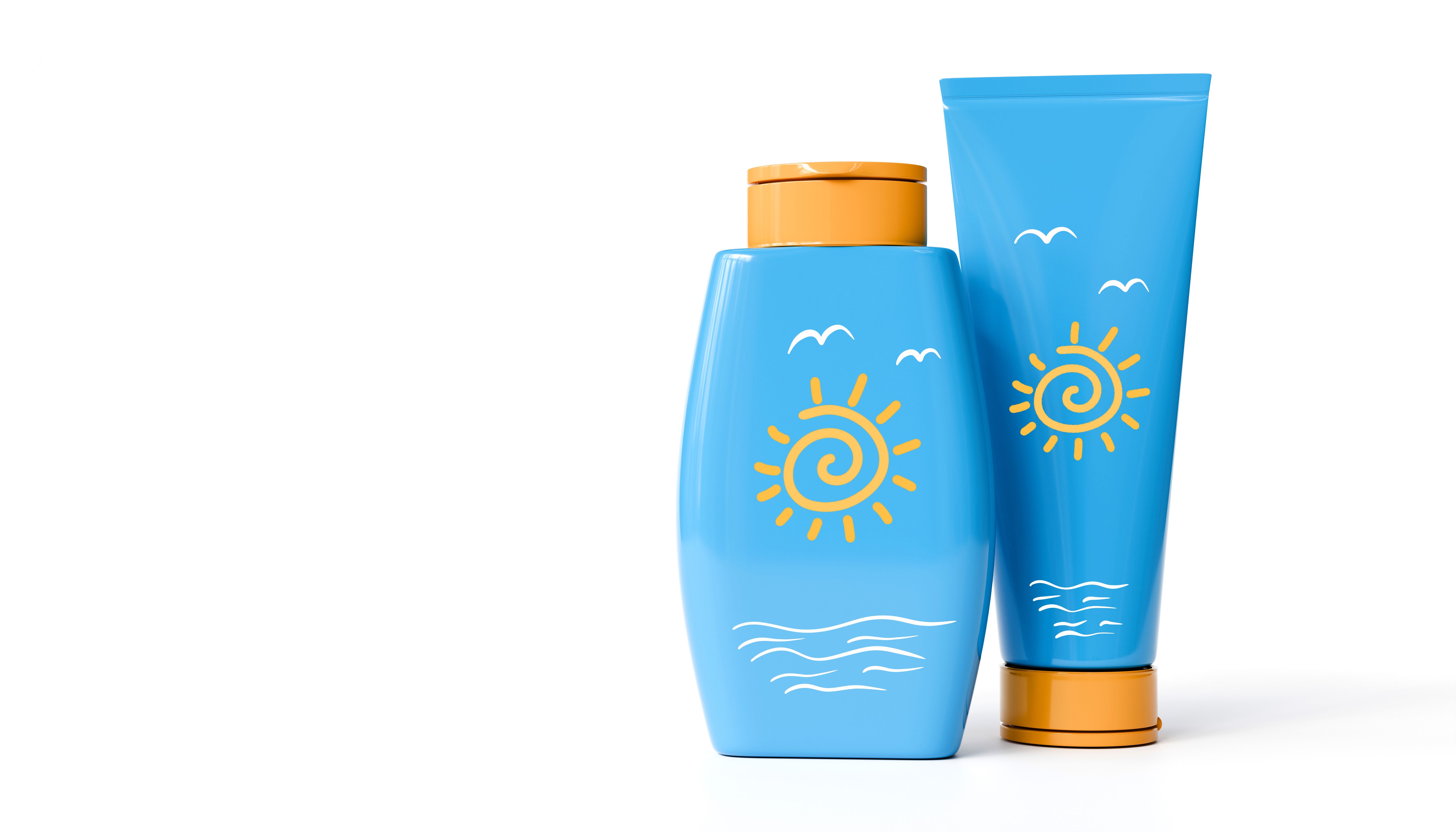The Hidden Risks of Sunscreen
Understanding Sunscreen
Sunscreen is an essential tool in protecting our skin from the harmful effects of ultraviolet (UV) rays. It helps prevent sunburn, reduces the risk of skin cancer, and delays premature aging. Despite its benefits, there are hidden risks associated with its use that many people may not be aware of. Understanding these risks can help you make informed decisions about your sun protection regimen.

Chemical Ingredients and Health Concerns
Many sunscreens contain chemical ingredients such as oxybenzone, octinoxate, and homosalate. These chemicals are effective at blocking UV rays, but they can also pose health risks. Some studies suggest that certain chemical ingredients can be absorbed into the bloodstream, potentially leading to hormonal disruptions and other health issues.
While research is ongoing, it's important to be cautious. Consider opting for mineral-based sunscreens that use zinc oxide or titanium dioxide as active ingredients. These minerals sit on top of the skin and physically block UV rays without the same level of absorption concerns.
Environmental Impact
Another significant risk associated with sunscreen is its environmental impact. Chemical sunscreens can contribute to coral reef bleaching and harm marine life. When choosing a sunscreen, look for products labeled as "reef-safe" or "ocean-friendly" to minimize your environmental footprint.

Additionally, be mindful of how you apply sunscreen. Avoid applying it near natural water sources, and consider using biodegradable sunscreens when participating in water activities.
Allergic Reactions and Skin Sensitivities
Sunscreens can sometimes cause allergic reactions or irritate sensitive skin. Ingredients like fragrances, preservatives, and certain chemicals can trigger these reactions. If you have sensitive skin, it's advisable to perform a patch test before using a new sunscreen product.
For those prone to allergies, hypoallergenic formulations or sunscreens designed for sensitive skin are available. Look for products free from parabens, fragrances, and other potential irritants.

Proper Application and Sun Protection
Even the best sunscreen won't protect you effectively if not applied correctly. Common mistakes include applying too little product, missing spots, or not reapplying often enough. To ensure adequate protection, apply sunscreen generously and evenly at least 15-30 minutes before sun exposure.
Reapplication is key, especially after swimming, sweating, or towel-drying. A general rule of thumb is to reapply every two hours when spending time outdoors.
Conclusion
While sunscreen offers significant benefits in protecting your skin from UV damage, it's crucial to be aware of potential risks. By choosing the right products and using them correctly, you can enjoy the sun safely while minimizing health and environmental concerns. Always stay informed and consult with a dermatologist to address any specific skin needs or concerns.